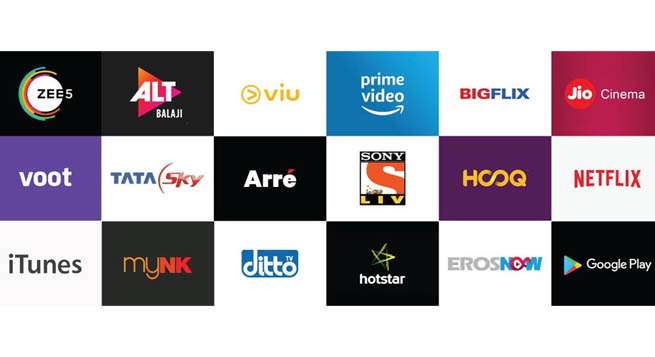A trade association for streaming platforms in India has urged the government to “show patience” in implementing the newly mandated digital rules and sensitise law enforcing agencies against taking actions against digital publishers and their employees considering the presence of a complaints mechanism, apart from making a host of other suggestions.
“The Government ought to show patience and support to the industry by inter-alia working closely with it so that the industry is able to implement stipulations contemplated in the IT Rules 2021 in fair and reasonable timelines,” the Internet and Mobile Association of India (IAMAI) has said in a submission to the Ministry of Information and Broadcasting (MIB), the government agency responsible for implementing content regulations under the new regulatory regime announced on February 25, 2021.
Pointing out that the code of ethics in the new digital rules outlines an elaborate enforcement mechanism for digital media, IAMAI has said “allowing parallel criminal proceedings against intermediaries and publishers of such digital media and their employees is excessively punitive and frustrates the purpose of having such a comprehensive framework in the form of the IT Rules 2021”.
It further added that such criminal proceedings would amount to punishing publishers’ multiple times for the same content and will “make it extremely challenging for publishers to preserve the right to freedom of speech and expression”.
On February 25, 2021, the Indian government announced sweeping guidelines for social media and OTT platforms, and digital news publishers that in a nutshell could be said to have empowered a three-tiered self-regulation under government oversight. The guidelines seek to put an end to a free run of edgy, highly political and sexual content on streaming services, apart from trying to check spread of misinformation and fake news on SM and on the Internet from within and outside the country emphasizing on identification of `first originator’ of such messages on SM platforms.
The association of streamers, which was responsible for drafting two versions of a self-regulatory code for OTT platforms with the second one rejected by the Indian government outright, urged MIB to issue clarifications on parallel proceedings being initiated against streaming platforms and also sensitize other law enforcing agencies.
“This awareness can be in addition to public education on the (regulatory) mechanism, amongst other things. When a complainant approaches any police officer to register a FIR (first information report) against any online-curated content, police officers could make the complainant aware of the three-level grievance redressal process set out under the New Rules. Despite that if the complaint wishes to register FIR, only then the police may register FIR,” IAMAI suggested, adding various police departments in the country could be provided with a document that explains the three-tiered regulatory process in simple language for sharing with the complainant.
In recent times, India has seen a spate of police complaints against shows on OTT platforms owing to a variety of reasons. In some cases police have called in executives of streaming platforms for questioning and in one case a lower court had also denied pre-arrest bail to a Mumbai-based executive — a directive that was finally stayed by the Supreme Court, which also directed that all cases relating to streaming content should be clubbed and brought to it rather than lower courts entertaining them.
Taking the awareness of law enforcement agencies issue further, IAMAI has suggested to MIB: “The police department should be mandated not to take any coercive action pursuant to the FIR, but may be requested to inform MIB regarding the FIR that has been filed.”
The body has also said it would be advisable that MIB, along with legal experts, should conduct sessions for executive, judiciary, legislature and industry members to discuss the Code of Ethics and the self-regulatory mechanism so that there is a “wide-ranging awareness”.
IAMAI also seems to have raised questions on the independence of the self-regulation process, which the government had said was the hallmark of the new content rules.
“In order to preserve the stated spirit and principle of self-regulation, it is submitted that the role of the ( government oversight) committee should be limited, and no complaint should be referred to it directly by the Ministry or otherwise and all complaints directly addressed to MIB/Committee (Level III) should be pushed by the Committee to be addressed by Level-I (at company level) and then by Level-II (at self-regulatory body level) before being taken by Level-III (government oversight mechanism),” IAMAI has said in its submission.
Dwelling on the charter, code of practices and self-regulating bodies (SRBs), IAMAI observed: “We note that under the IT Rules 2021, MIB has assumed unto itself/reserved the powers to publish a charter for SRBs including code of practices for SRB (“Charter”). The role of SRB is extremely critical since it is not only contemplated to be an independent body constituted by publishers, but it is also inter-alia the appellate body where decisions of publishers can be impugned.
“We recommend that instead of MIB, the rights and power to draft the Charter ought to be bestowed to the relevant publishers. In this regard, it is submitted that sufficient guidance already exists in the IT Rules 2021 inter-alia on the powers, constitution and functions of the SRB, and as such, there is no further occasion for MIB to provide for a prescriptive Charter as presently contemplated in the IT Rules 2021.”
Amongst other suggestions IAMAI has sought the following timelines to implement the new rules:
(a) Three (03) months for appointing grievance officer, setting-up of self-regulating body/taking its membership.
(b) One (01) year for implementation of access control measures (including parental control measures).
(c) Six (06) months for complying with remaining obligations of the new rules (for example, obligations relating to providing for content descriptors and age ratings for all content published by curated content platforms; in the interim, the respective platforms will continue with their existing ratings and classification).
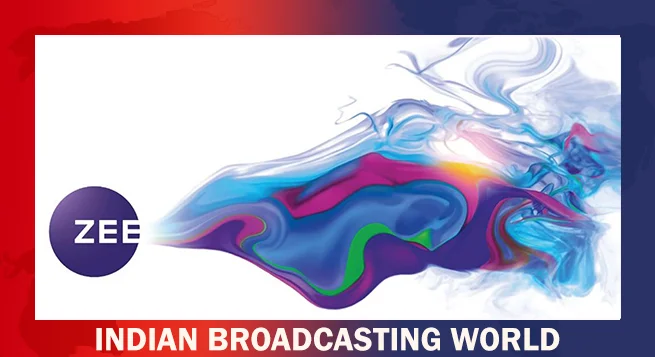 Zee posts Q4 profit of $ 1.6 mn; domestic advertising up 11%
Zee posts Q4 profit of $ 1.6 mn; domestic advertising up 11% 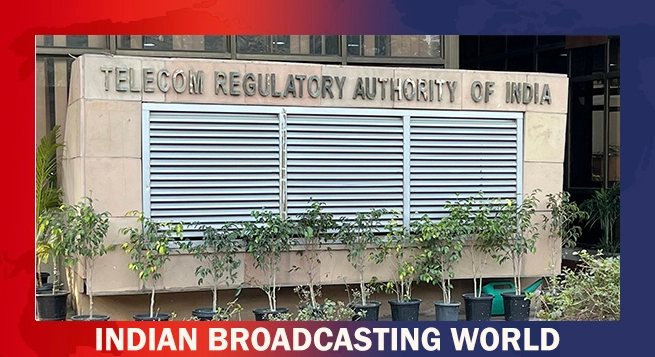 TRAI gives 7 days for additional submissions on b’cast policy
TRAI gives 7 days for additional submissions on b’cast policy  Prasar Bharati to launch family-oriented OTT Platform
Prasar Bharati to launch family-oriented OTT Platform 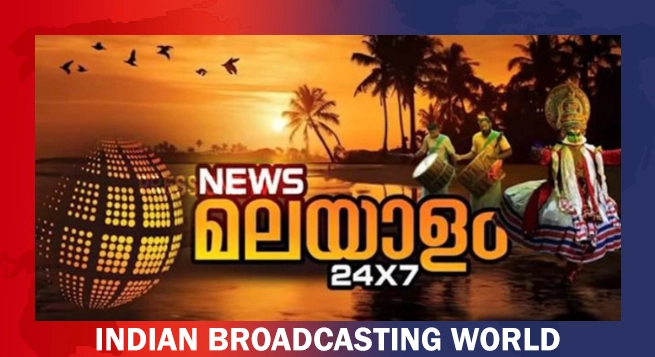 News Malayalam 24×7’ to launch on May 29
News Malayalam 24×7’ to launch on May 29  ‘Prasanna Vadhanam’ to Premiere on aha
‘Prasanna Vadhanam’ to Premiere on aha 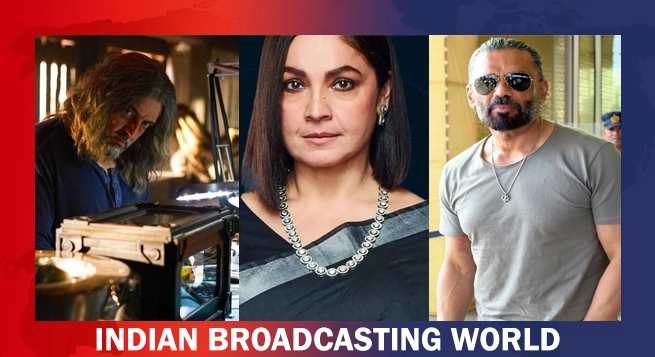 Jugal Hansraj joins Suniel Shetty, Pooja Bhatt in Lionsgate India’s untitled project
Jugal Hansraj joins Suniel Shetty, Pooja Bhatt in Lionsgate India’s untitled project  TRAI to announce regulations for communication apps soon
TRAI to announce regulations for communication apps soon  Zee Telugu celebrates 19th anniversary with Zee Mahotsavam 2024
Zee Telugu celebrates 19th anniversary with Zee Mahotsavam 2024 

